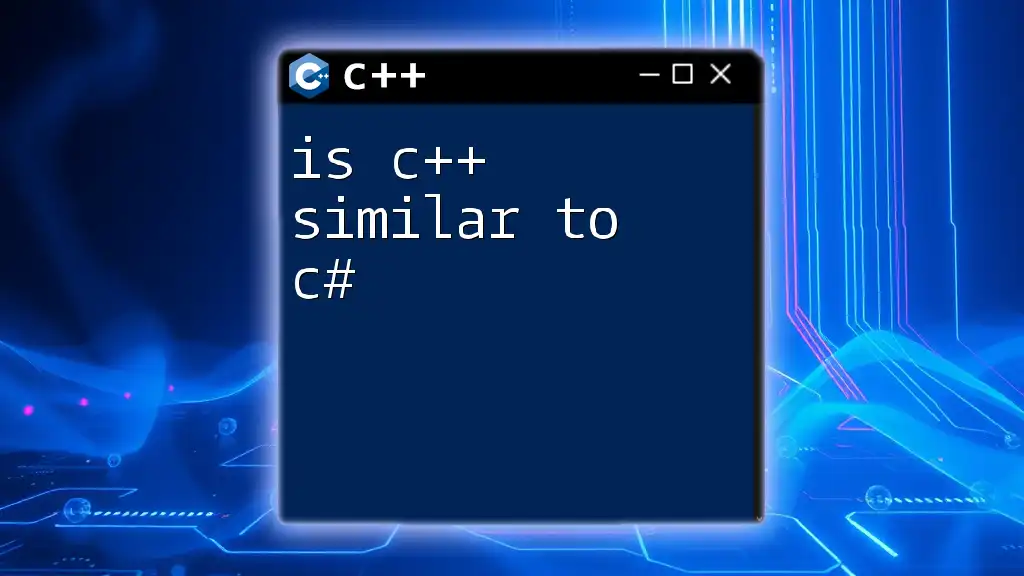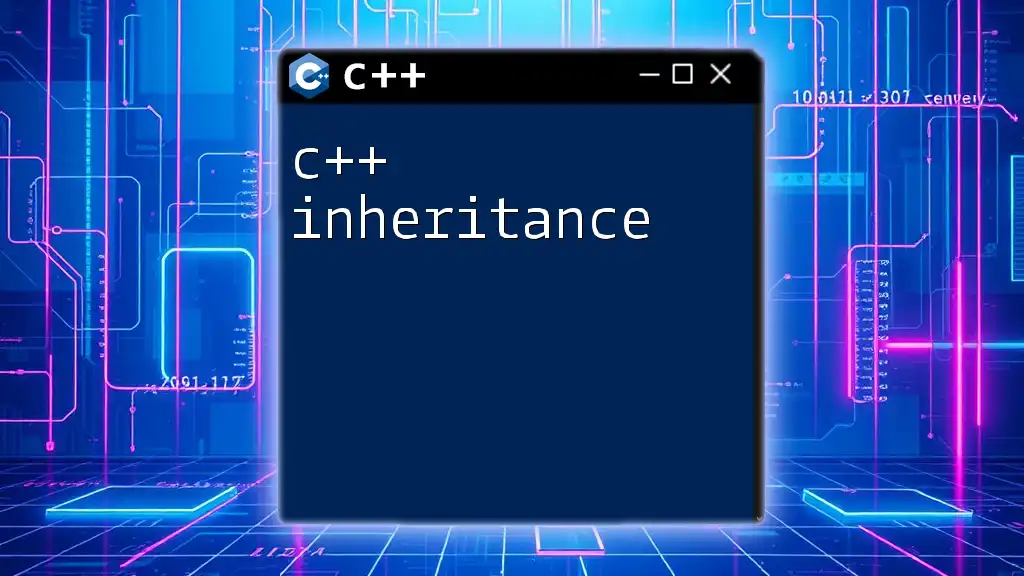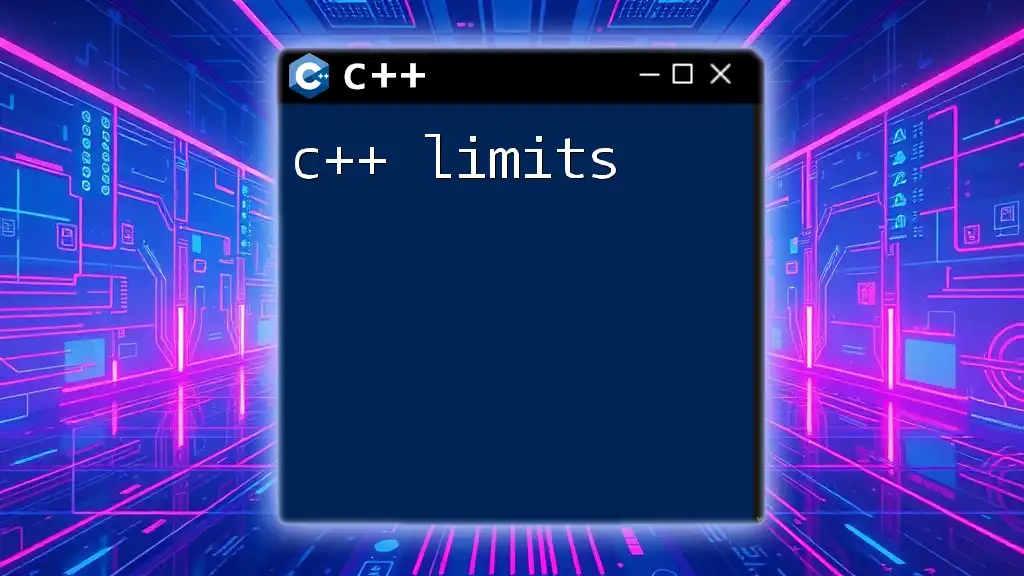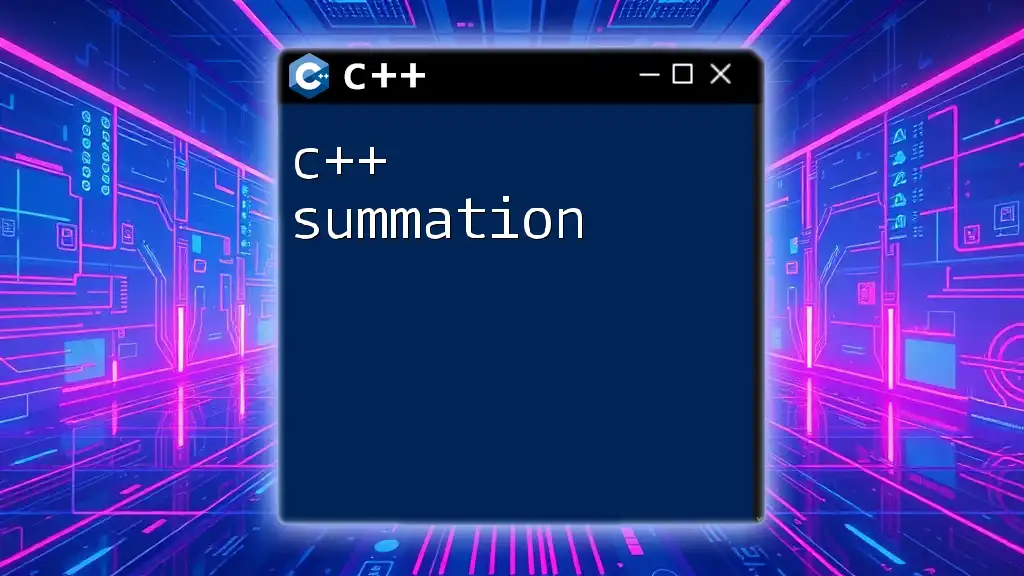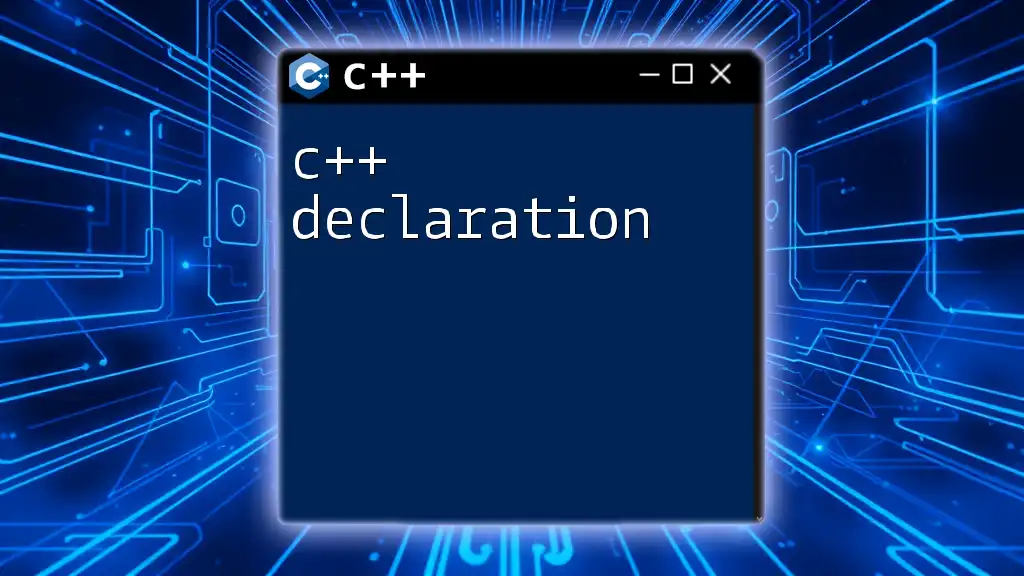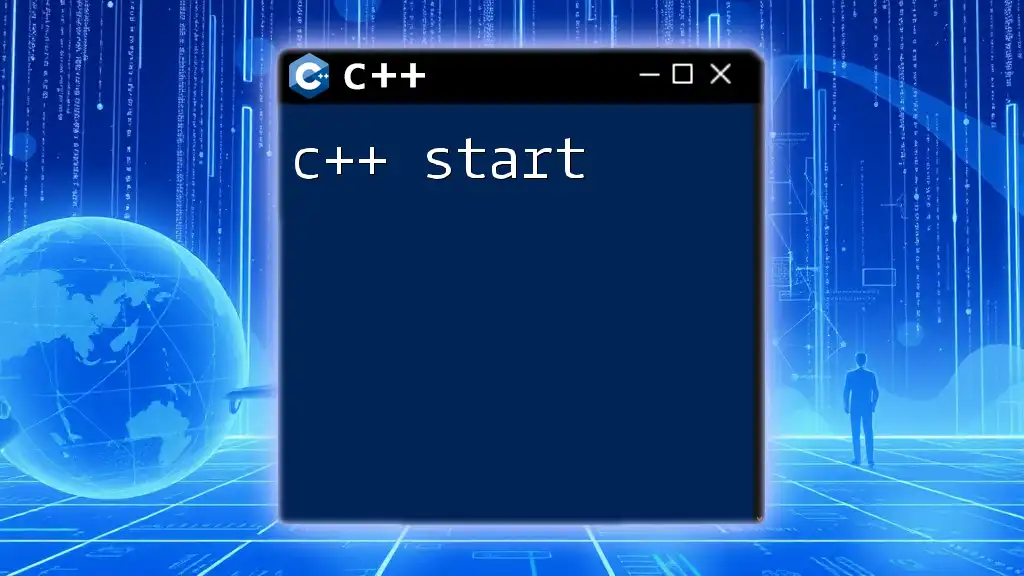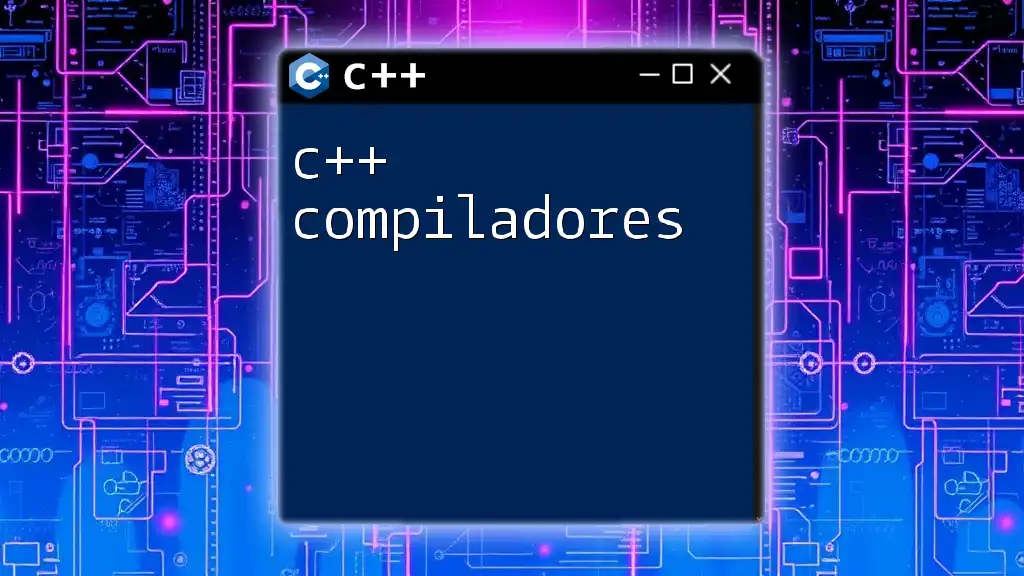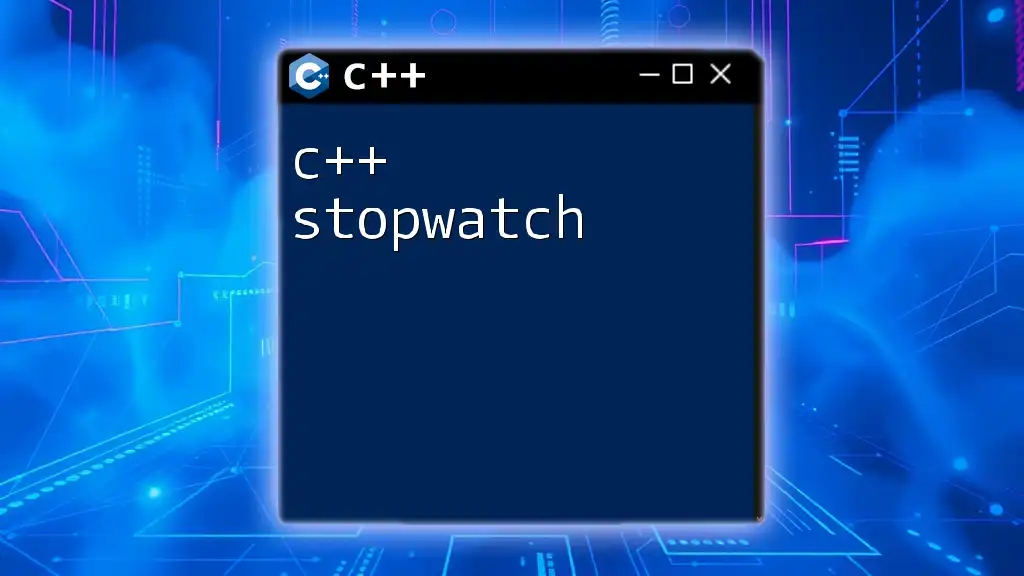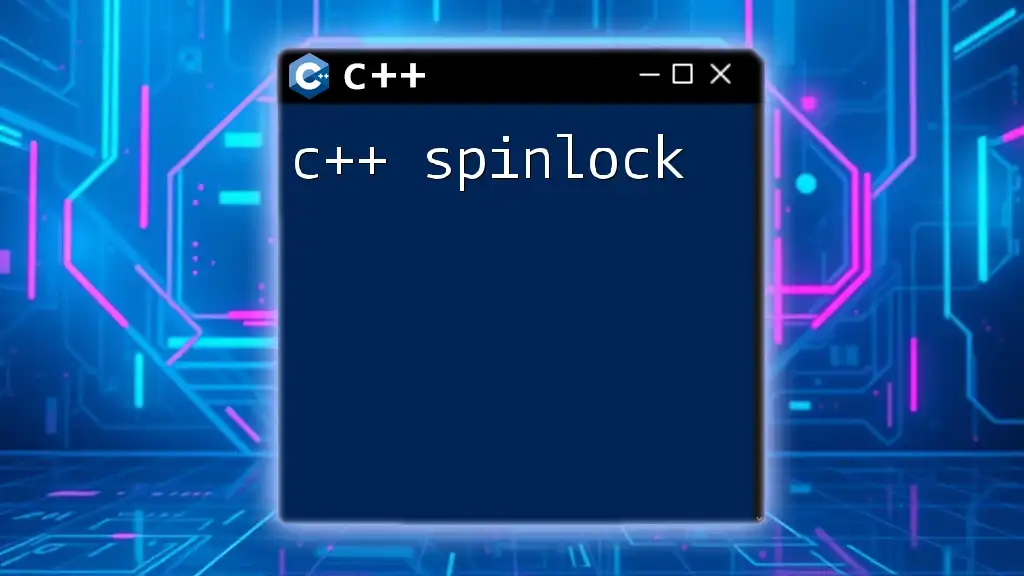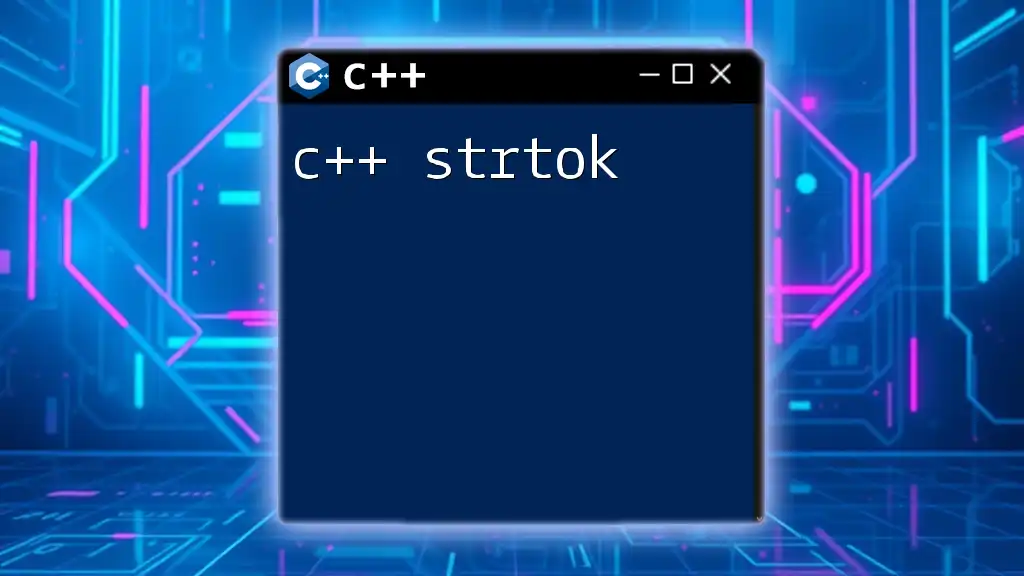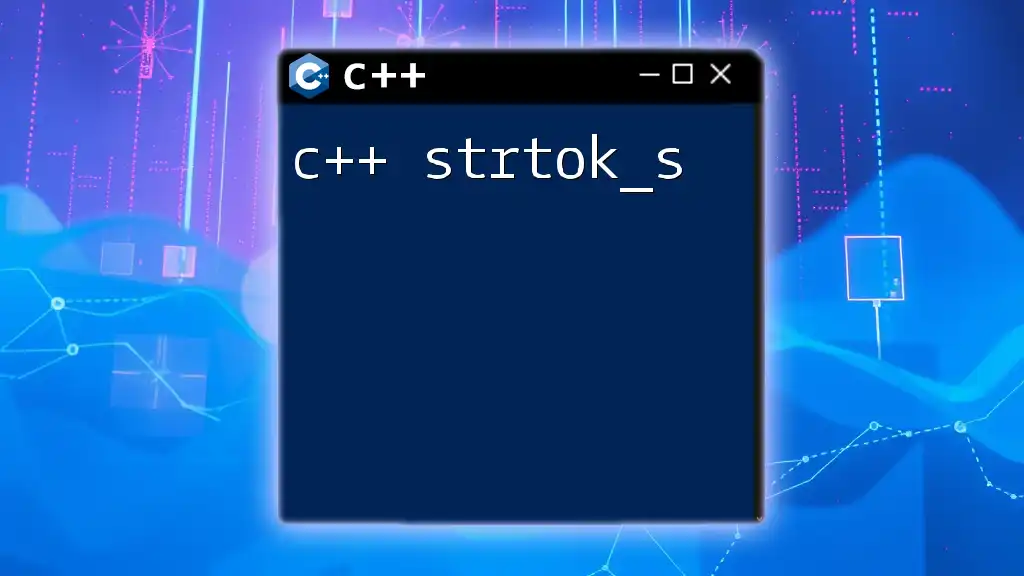C++ and C# share similarities in syntax and programming paradigms, but they are fundamentally different in their usage, with C++ being a low-level language focused on system programming and performance, while C# is a high-level, managed language primarily designed for web and application development.
Here's an example code snippet demonstrating a simple "Hello, World!" program in both C++ and C#:
C++ Code:
#include <iostream>
int main() {
std::cout << "Hello, World!" << std::endl;
return 0;
}
C# Code:
using System;
class Program {
static void Main() {
Console.WriteLine("Hello, World!");
}
}
Understanding C++ and C#
What is C++?
C++ is a powerful, high-performance programming language developed by Bjarne Stroustrup in the early 1980s as an extension of the C programming language. This multi-paradigm language supports procedural, object-oriented, and even generic programming. C++ is widely recognized for its efficiency, control over system resources, and performance, making it a go-to choice for system software, game development, and real-time simulations.
Key features of C++ include:
- Low-level memory manipulation for optimized performance.
- Object-oriented features such as classes, inheritance, and polymorphism.
- Standard Template Library (STL) that provides generic classes and functions.
C++ is often used in applications where performance is critical, such as gaming engines, financial systems, and embedded software.
What is C#?
C#, developed by Microsoft in the early 2000s as part of the .NET initiative, is a modern, object-oriented programming language. It was designed to be simple, safe, and efficient, allowing developers to create a wide range of applications for the Microsoft ecosystem.
Key features of C# include:
- Automatic memory management through garbage collection.
- Robust support for asynchronous programming and modern development practices.
- Cross-platform capabilities via .NET Core and .NET 5.
C# is widely used in desktop applications, web services, and game development via Unity, making it highly versatile.
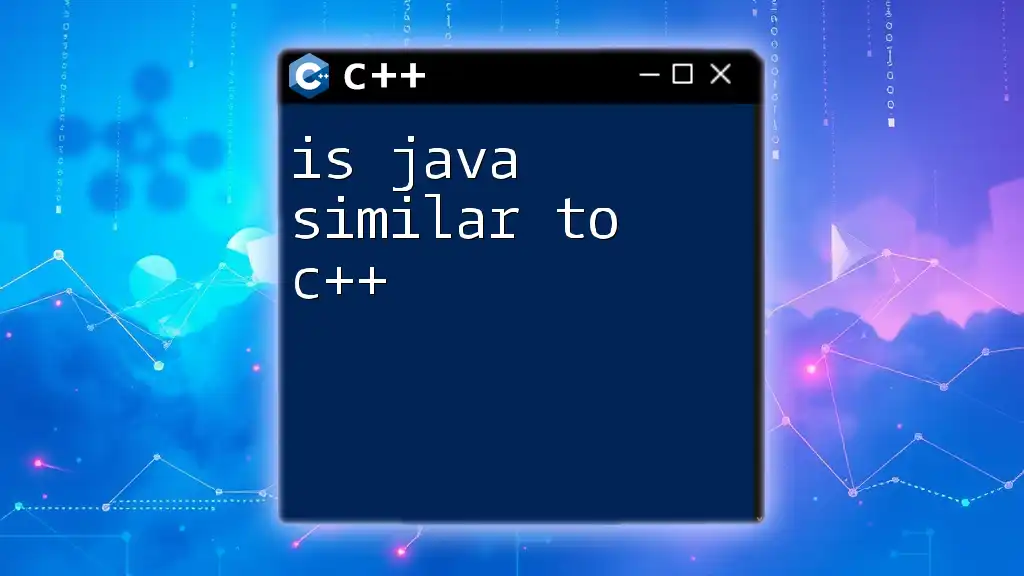
Key Similarities between C++ and C#
Syntax Structure
One of the notable aspects of C++ and C# is their similar syntax. This similarity can make transitioning from one language to the other easier for programmers.
For instance, both languages use similar constructs for defining variables, if statements, and loops. Below is a simple example illustrating similar syntax:
// C++ Example
int main() {
int x = 10;
if (x > 5) {
std::cout << "X is greater than 5.";
}
return 0;
}
// C# Example
class Program {
static void Main() {
int x = 10;
if (x > 5) {
Console.WriteLine("X is greater than 5.");
}
}
}
Object-Oriented Features
Encapsulation
Both C++ and C# support encapsulation, allowing data to be protected within a class. This ensures that only specific parts of a program can access or modify the data, enhancing security and maintainability.
// C++ Example
class Dog {
private:
int age;
public:
void setAge(int a) { age = a; }
int getAge() { return age; }
};
// C# Example
class Dog {
private int age;
public void SetAge(int a) { age = a; }
public int GetAge() { return age; }
}
Inheritance
Inheritance is another core concept in object-oriented programming offered by both languages. It allows one class to derive properties and behaviors from another class, promoting code reusability.
// C++ Example
class Animal {
public:
void speak() { /*...*/ }
};
class Dog : public Animal {};
// C# Example
class Animal {
public void Speak() { /*...*/ }
}
class Dog : Animal {}
Polymorphism and Interfaces
Polymorphism allows methods to do different things based on the object it is acting upon. Both C++ and C# support polymorphism, but their implementations differ. C# has explicit support for interfaces, while C++ uses abstract classes:
// C++ Example
class Shape {
public:
virtual void draw() = 0; // Pure virtual function
};
class Circle : public Shape {
public:
void draw() { /* Draw Circle */ }
};
// C# Example
interface IShape {
void Draw();
}
class Circle : IShape {
public void Draw() { /* Draw Circle */ }
}
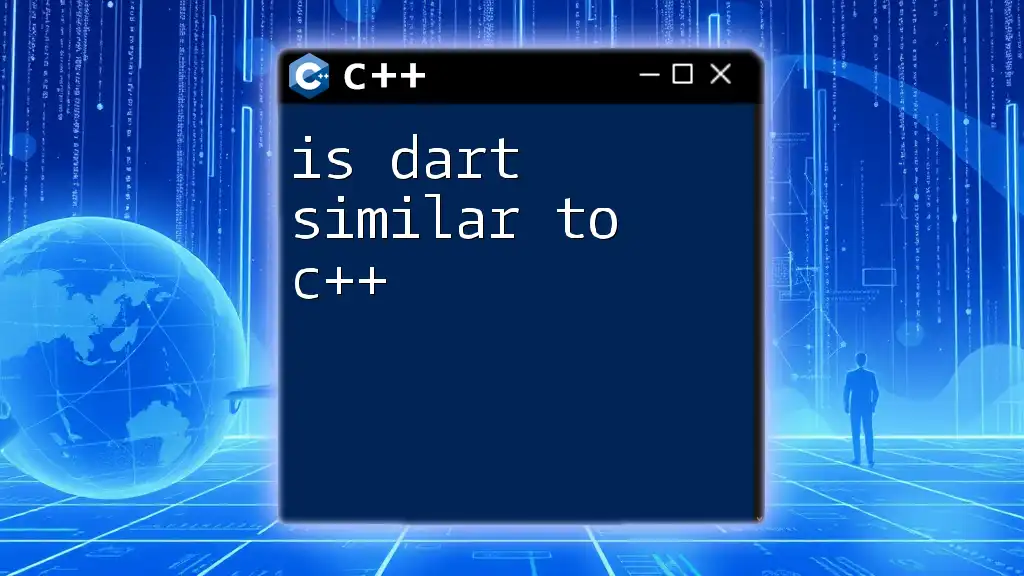
Key Differences between C++ and C#
Memory Management
Manual vs Automatic Memory Management
One of the most significant differences between the two languages is memory management. C++ requires programmers to handle memory allocation and deallocation manually, often leading to memory leaks if not managed carefully.
// C++ Manual Memory Management Example
int* p = new int;
delete p;
In contrast, C# uses automatic memory management with a garbage collector that reclaims memory automatically. This can help reduce the complexity of memory management.
// C# Automatic Memory Management Example
int myVar = 10; // Automatically managed by Garbage Collector
Performance and Efficiency
C++ is often regarded as a more performance-oriented language due to its low-level capabilities and manual memory management. Applications requiring real-time performance, like gaming engines and simulations, benefit greatly from C++.
C#, while efficient, can have overhead due to its garbage collector and additional features, making it better suited for rapid application development where performance is not the highest priority.
Language Paradigms
Procedural vs Object-Oriented Nature
C++ supports both procedural and object-oriented programming, giving developers flexibility in how they approach a problem. It allows developers to write code in multiple paradigms within the same language. In contrast, C# primarily supports an object-oriented approach, focusing on classes and objects rather than procedural techniques. This can simplify development, especially for large applications.

Choosing the Right Language
When to Use C++
You might consider using C++ in scenarios where:
- Performance is critical, such as in gaming or real-time systems.
- You need fine-grained control over system resources.
- You're working on applications requiring cross-platform capability with optimizations.
When to Use C#
C# is typically favored when:
- You are developing applications within the Microsoft ecosystem, such as ASP.NET applications.
- Rapid application development and ease of maintenance are priorities.
- You are creating games using the Unity engine or applications for Windows.
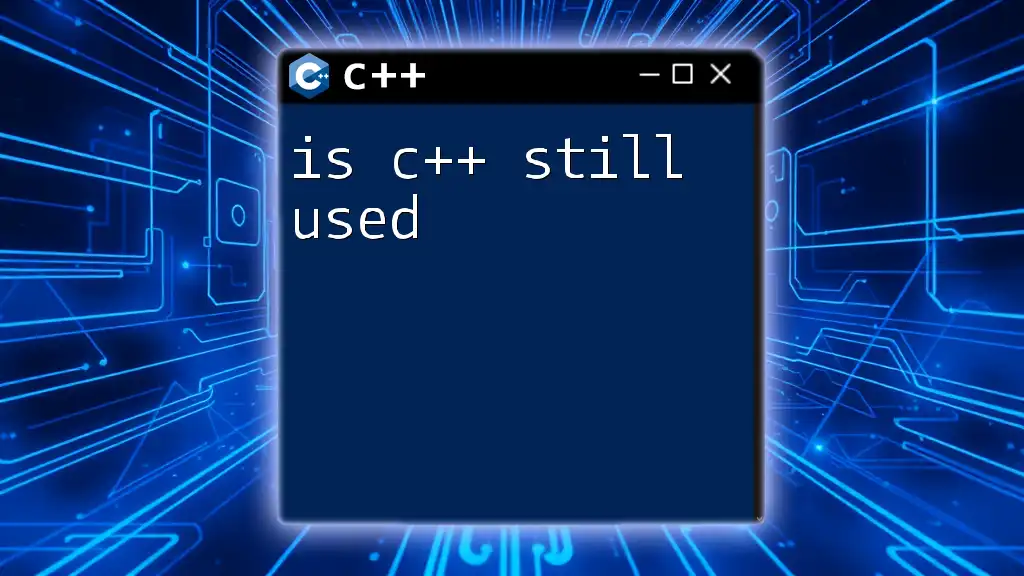
Conclusion
In conclusion, while C++ is similar to C# in many ways, particularly in syntax and object-oriented features, they differ significantly in memory management, performance characteristics, and programming paradigms. Understanding these nuances is critical in choosing the right language for your specific applications and objectives.

Additional Resources
For further learning, consider checking out reputable online platforms, books, and community forums dedicated to C++ and C# development. Engaging in discussions and finding tutorials can enhance your understanding of both languages.
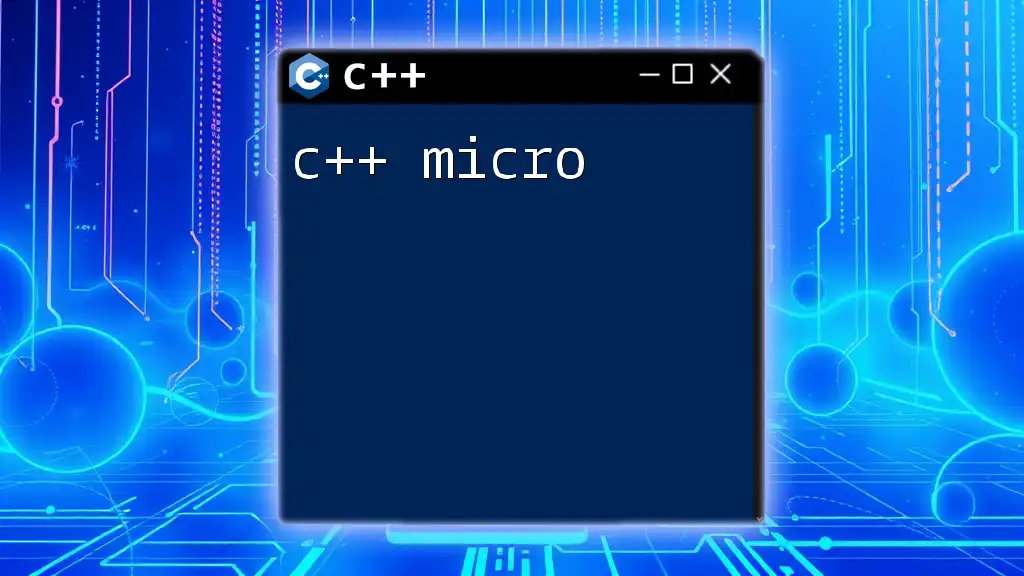
FAQ Section
Is C# similar to C++?
While they share similarities, they cater to different programming needs and environments. C# is optimized for modern application development, while C++ excels in performance-critical applications.
Can I transition from C++ to C# easily?
Yes, several concepts translate between the two languages. Understanding the object-oriented principles will aid in making the transition smoother.
What are common pitfalls when learning C++ or C#?
One common pitfall in C++ is neglecting memory management, leading to leaks. In C#, developers might overlook the importance of understanding how garbage collection works.
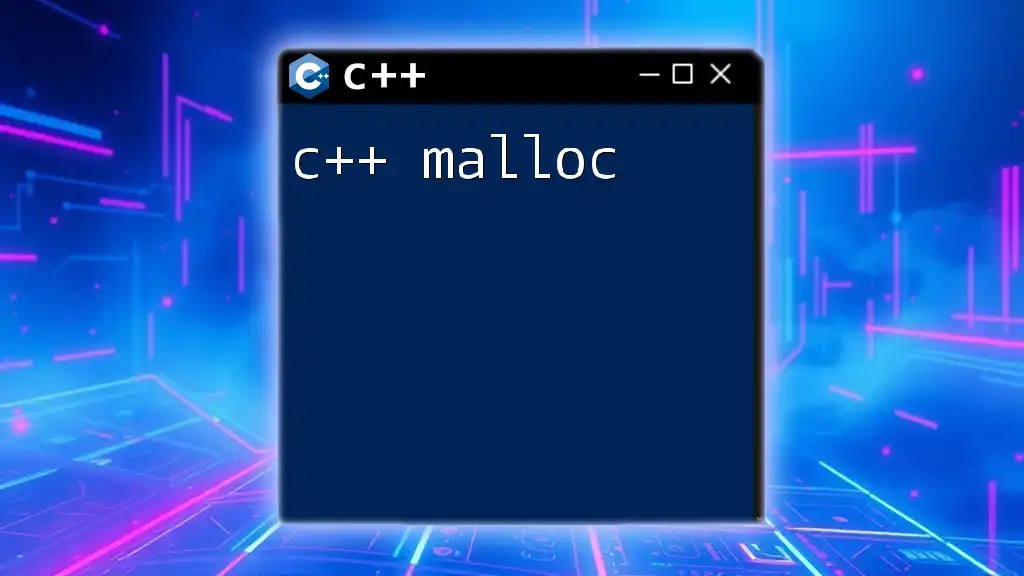
Call to Action
If you're interested in mastering either C++ or C#, consider signing up for our workshops and tutorials designed to help you become proficient in these powerful programming languages!

